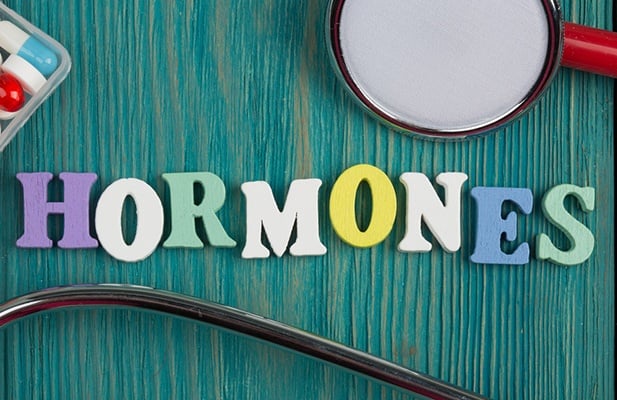
As we age, the body naturally reduces production of hormones in both men and women. Hormone production peaks in our 20s and declines gradually over time. By the time we are in our 40s, these reduced hormone levels are linked with a variety of negative health effects, including increased risk for serious health problems like cardiovascular disease and diabetes.
Hormone therapy has long been routinely recommended for women undergoing some of the more troubling side effects of menopause. However, in studies conducted in recent decades, these therapies were not found to reduce or prevent heart disease in women, and in some cases, there were even slightly greater associated risks for women's hearts.
Medical researchers went on to study the heart-related effects of testosterone replacement therapy in men to see if there were similar outcomes, and the results were surprisingly positive.
Not only was hormone replacement therapy not associated with increased risks in men, but it significantly improved their health (references here and here) in a dramatic range of measures. Positive outcomes for men included:
- Reduced overall cholesterol. High cholesterol can cause deposits on artery walls, reducing blood flow and increasing the risk of heart attack and stroke.
- Reduced “bad” LDL cholesterol. Low Density Lipoprotein (LDL) is the type of cholesterol most associated with plaque on artery walls, and therefore the specific type of cholesterol that carries the greatest risk of heart disease.
- Reduced triglycerides. Triglycerides are a type of fat that the body uses for energy, and is normal in the blood. However, high levels of triglycerides are associated with metabolic syndrome, and are a risk factor for heart disease.
- Reduced BMI. Body Mass Index (BMI) is a measure of body fat as a percentage of a person's total weight. A healthy BMI not only reduces the risk of heart disease, but it reduces the risk of other health problems as well, such as diabetes, osteoarthritis, certain cancers, and even depression and mood disorders.
- Reduced waist circumference. Most men are genetically predisposed to carry excess weight in their stomachs, leading to a “potbelly” that often comes with age. However, fat stored in the stomach can lead to fat accumulating on the nearby liver and pancreas. This means that men with a large waist measurement are at higher risks than women for health problems related to heart disease and obesity.
- Improved “good” HDL cholesterol. High Density Lipoprotein (HDL) cholesterol is commonly known as the “good” cholesterol, because it transports excess fat out of the bloodstream and into the liver where it can be burned for energy. HDL cholesterol reduces the risk of plaque buildup on artery walls.
- Improved insulin resistance. Insulin is the hormone that is produced when there is excess glucose in the bloodstream, and it is essential for regulating blood sugar. People at risk for diabetes develop a “resistance” to insulin, and the cells fail to respond properly to insulin, leading to high blood sugar and reducing the body's ability to regulate blood sugar levels.
- Improved glycemic control. Poor glycemic control is associated with elevated blood sugar levels, and is a risk factor for diabetes.
In a variety of studies, these health benefits have been found in men as young as 35 and as old as 70, so hormone replacement therapy can improve the health of even younger men just at the onset of reduced natural testosterone levels. Hormone replacement therapy is associated a slightly greater risk of problems with the prostate, which should be monitored. However, with low risks, and few complications or side effects, hormone replacement therapy offers a wide range of significant benefits for men who want to look and feel better while preserving their health for years to come.









